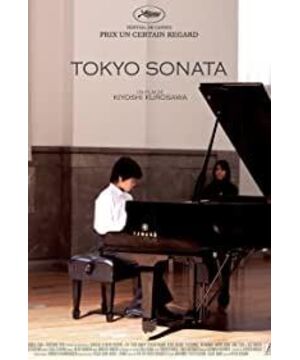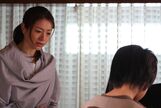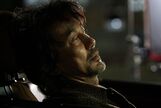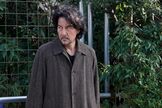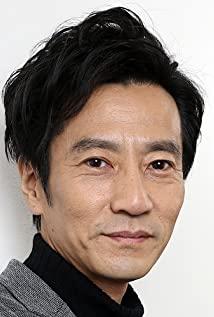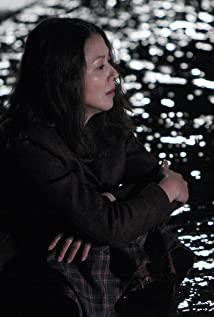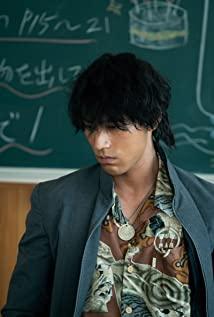★★★☆ (out of 4 stars) Just as the economic crisis hit people's daily lives, it also shook Tokyo Sonata, a film that begins with a decent story and detours into comedy, horror, and brilliant s story. Everything you know about the three-act structure will be useless when watching this film, although like many sonatas, it has three movements. It opens with a regular note about a family being chained to their lives. Long Ping is an office worker who is engaged in management work. His wife, Megumi, is mainly responsible for cleaning, sewing and cooking. His eldest son, Taka and his second son, Kenji, are full of misfortune but seem to be well-bred, despite Kenji's troubles at school: the teacher unfairly accuses him of passing on the manga, but Kenji defiantly says he saw the teacher reading pornographic manga on the train. A lot of men in Japan do the same, no big deal, but hypocrisy is the point. In the opening scene, Ryuhei (Kagawa Teruyuki) is fired. He came home, handed over a week's salary, and said nothing. He was a domineering father, full of anger. Gui (Yu Koyanagi) announces that he joined the U.S. military to obtain citizenship because he believes he has no future in Japan. His father would not allow him to do this. Unwilling to be embarrassed by admitting that he is unemployed, Long Ping has to go out to "work" every day, wandering in a cement oasis without joy with other unemployed people. There is a shelter there. His wife saw him there, knew everything, but kept silent. Young Kenji (Inowaki Kai) no longer goes to school, he spends his money on beautiful gold (Ikawa Haruka) decoration) in piano lessons. His father broke with Japan's tradition of encouraging children to learn by not allowing him to take piano lessons. Why? Maybe he felt like a failure so much that any success involving his family would threaten him. We seem to be seeing the contours of a traditional family drama in which tensions are repressed, truths are revealed, and crises lead to tragedy or resolution (note: musical term for turning dissonance to consonance). But that's not what Kiyoshi Kurosawa, a director known for his upscale horror films, gave us. In the early scenes, he almost misleads us, depicting a family meal with a calm and orderly composition. We thought we knew where the plot of Tokyo Sonata was going. But we were wrong. No, it won't turn into another horror movie or an extended suicide. It just keeps showing the damage to a life torn apart by the financial crisis. Unemployment was the catalyst, an unspoken reality that made everyone in the family even more angry. All performances are pitch-perfect; the second son captivates us like the main character in Truffaut's "The Four Hundred Blows." I shouldn't spoil where the movie is going. But notice how Kurosawa (unrelated to the great filmmaker Akira Kurosawa) allowed his train to leave the tracks. Dramatic events happened, showing that once the routine is broken, it is not so easy to fix. The presence of a completely unexpected character can make one instinctively accept a new situation, bringing a sad ending to what at first seemed random. At the same time, Kurosawa observed the pain of unemployment in Japan, which, like the United States, is beset by a cheaper labor market. (The day China and India start outsourcing will be a historic turning point.) Yong Pyong joins the hopeless ranks of employment agencies. He got a job cleaning toilets in a mall. His stigma was heightened when all the maintenance workers had to change into one-piece coveralls in front of the lockers under the watchful eye of passing customers. He also encountered a strange thing at work. The film then finds a form of release in another unexpected scene. Watch it happen. Its beauty took us by surprise. An extended chapter is held in a medium telephoto shot with no one moving, and the effect is incredible. Is there a happy ending? not that simple. This is just the beginning. Trash has been removed. Old tapes have been destroyed. Freedom is preserved. Nothing is inevitable. A sonata is a classical form in which two musical concepts are intercut. First, they are introduced. In the sections that follow, they develop in chapters that reveal the secrets or potential of both. The ending is not resolved (Note: Musical language, ibid) they; instead, we go back to them knowing what we know now. The "theme" in this film is the father and his family. In the end, they feel as nervous as they did at the beginning, but the false surface has been destroyed and they will have to move on without protection.
View more about Tokyo Sonata reviews


